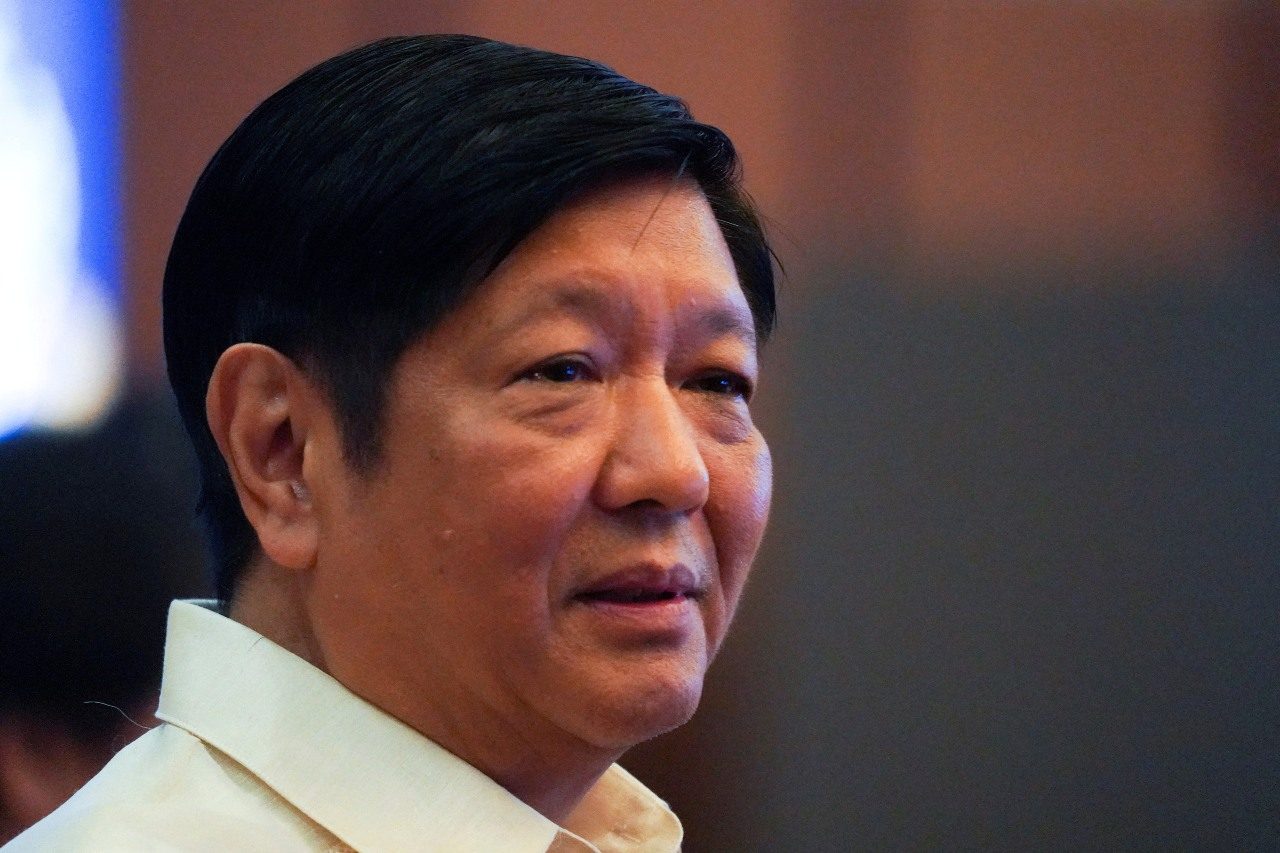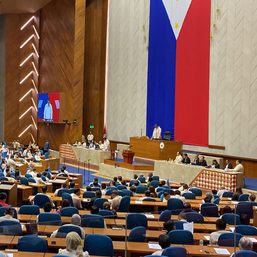SUMMARY
This is AI generated summarization, which may have errors. For context, always refer to the full article.

MANILA, Philippines – Killings and the culture of impunity have continued under President Ferdinand Marcos Jr. – if the deaths of journalists, activists, and other members of civil society organizations in a span of almost six months are any indication.
Going by the numbers obtained from the police and the University of the Philippines, drug-related killings dominate the total number of deaths. These appear to be a continuation of the culture of impunity that Marcos’ predecessor initiated, encouraged, and emboldened.
Earlier this year, Jan Robert Go, assistant professor of political theory at the University of the Philippines Diliman, said the culture of killings cannot be changed overnight. He added that the current killings are a spillover from former president Rodrigo Duterte’s time, who “used a language that seemed to justify killing.”
Below is the breakdown of people killed under the current administration:
Drug war
Duterte was heavily criticized for his bloody drug war, which, according to official government statistics, took the lives of at least 6,252 people during anti-illegal drug operations of the police between July 2016 to May 31, 2022. Human rights groups, however, have contested this, saying the total death toll could reach 30,000 if victims of vigilante-style killings are included.
When Marcos assumed the presidency and appointed new heads of various agencies, his Philippine National Police (PNP) chief Police General Rodolfo Azurin Jr. said he wants to review the drug war. He added he would seek the church’s help in “reforming” the police force.
Marcos, for his part, said his government “cannot stop the drug war,” but that the focus would be more on prevention and rehabilitation rather than law enforcement.
As of November 16, the PNP claims that only 46 have been killed under the drug war since Marcos took office. Of the number, 32 were killed during police operations, while the other 14 died during operations led by the Philippine Drug Enforcement Agency.
However, the PNP’s number is more conservative compared to the 161 deaths Dahas has recorded from June 30 up to December 7. Dahas is run by University of the Philippines Diliman’s Third World Studies Center, which bases its data on reports about drug killings from various news outlets.
The group considers a killing as drug-related “if the victim was killed through violent means” and if it meets at least one of the following criteria:
- Killed in drug-related operations or activities
- Reported to be involved in drug operations or in the drug war in any capacity
- Reported to possess illegal drugs at the time of killing or when the body was found
- Reported to be associated with someone involved in the drug trade
- Killed by someone reported to be involved in the drug trade
Activists, human rights defenders
Progressive individuals, peasants, and human rights defenders were also unsafe under the new administration.
Based on the documentation of rights group Karapatan, at least 17 civilians from the peasant sector became victims of extrajudicial killings from July 1 to November 30. Two of them – Ericson Acosta and Joseph Jimenez – were affiliated with organizations.
Acosta was a consultant of the National Democratic Front (NDF), while Jimenez was a peasant organizer. They both lost their lives in Kabankalan City, Negros Occidental on November 30.
The military said Acosta died in an encounter, but the NDF claims he was captured alive and murdered. Karapatan also called on the Commission on Human Rights to probe “the reported summary execution” of the two.
On arrests and detention, Karapatan said they have recorded at least 30 illegal arrests under Marcos, 24 of them peasants. At least 10 were affiliated with organizations, the rights group added.
Below is the list. Click on the triangle to see arrests per month.
Journalists
Since 1986, there have been at least 197 journalists killed in the Philippines, according to the National Union of Journalists of the Philippines (NUJP). (READ: IN NUMBERS: Filipino journalists killed since 1986)
Under Duterte, 23 media workers have died. During Marcos’ few months in office, two have been killed – Rey Blanco and Percival “Percy Lapid” Mabasa.
Lapid’s case became highly sensational that it reexposed the poor system of the country’s jails. His death also led to quarrels between government officials, specifically Justice Secretary Boying Remulla and former Bureau of Corrections chief Gerald Bantag.
Bantag now faces murder complaints in relation to the deaths of Lapid and Jun Villamor, the alleged middleman in the Lapid case.
Lawyers
The Philippines is also unsafe for legal professionals, even as no deaths have been documented under the Marcos administration, according to the National Union of Peoples’ Lawyers (NUPL).
However, this does not mean intimidation and threats have stopped. According to the NUPL, threats and red-tagging of lawyers have persisted under Marcos.
The NUPL said they have documented the following incidents committed against lawyers:
- 13 – vilification
- 1 – attempted killing
- 1 – identity theft
- 1 – false charges
Based on Rappler’s tally, 61 lawyers were killed under Duterte from 2016 to 2021 – much higher compared to the total 49 lawyers killed in a span of 44 years. – Rappler.com
1 comment
How does this make you feel?





I didn’t have a lot of hope for Marcos but I hoped at least this would stop.